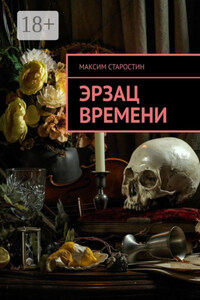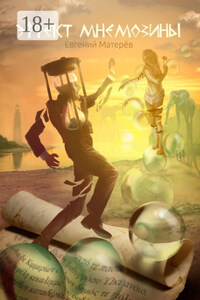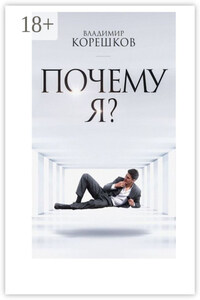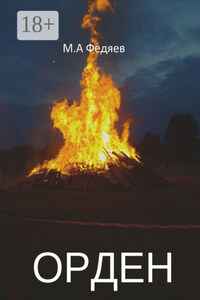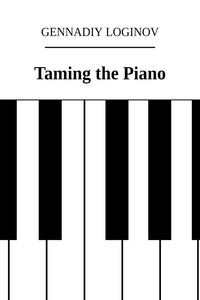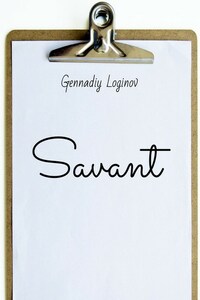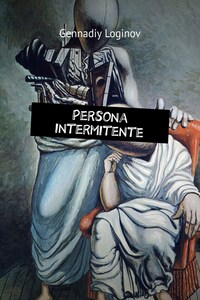He noticed her immediately. The only woman in a typically masculine place, she stood out and arrested sights like a fragrant rose towering over a dunghill. On the one hand, the presence of a lady, and, furthermore, alone, and, furthermore, in such a place, and, furthermore, at this late hour, and, furthermore, dressed in the clothes, which, along with manners, gave out her noble origin, should at least cause him confusion mixed with wariness. But the frantic cry of the heart is often so powerful that it drowns out the sly whisper of the mind.
Well, she was here and let her; it was not the reasons that matter, but the prospects. That’s how he could formulate his thoughts at the moment when he saw her (or something like this plus sentimental husk). And he was not even alarmed, why none of those present glanced in her direction. Such a woman was supposed to win hearts and turn heads. But instead, the rare visitors of the Artist’s Shelter Pub sat in tight circles, smoked, drank, and, without being shy by the noble lady’s presence, had their vulgar conversations, relating the fairly mundane topics.
Such an unusual name for the provincial barrel house had a quite simple explanation. Once it was an art gallery, and its owner decided to lure the visitors through drinking in a desperate attempt to instil a love of the beautiful in a popular masses. As a result, the facility naturally turned from a gallery with alcohol into a pub with paintings and became a favourite place for the local Bohemians, as well as a peculiar hangout for creatively thinking alcoholics.
Here, as in any ordinary gin mill, one could buy diluted booze, cheap and harsh, like the prose of existence, but there were also tangible differences. The owner had an extensive collection of extremely rare and aged alcohol, which he principally did not pour to anyone for money, but could easily present it as an award in one of two cases. The visitor had to give the pub a work of art according to the tastes of the owner (and writing a poem was the easiest way to do so, since drawing a picture, for example, always required some time and materials, while even not completely sober mind could compose impromptu something that tugged at heartstrings). Another option was proving the owner an extensive level of knowledge in fine arts, answering one of his many questions. The visitor could be asked who was the author of “The Cave of Trophonius” (which was one of the most famous operas by Antonio Salieri), who painted “Danaë” (Rembrandt), on what events of renown writers’ lives were initially based “The Lady of the Camellias” by Alexandre Dumas fils, and then the opera “La traviata” by Giuseppe Verdi, adapted from the novel; and so on and so forth.
Anyway, mostly men hung around in this place, and women either occasionally came and left with their companions, or were whores looking for a job opportunity.
The mysterious unknown lady could not in any way belong to the first and, all the more, to the second category, judging by her appearance and absence of a companion. As if feeling the visitor’s gaze, she turned her head, slowly and gracefully, like a black swan. Her face, noble and young, seemed beautiful even under the curtain of a dark veil.
Since the woman was sitting alone and did not remove her assessing glance from the recently appeared artist, as if she expected that the young man would take the initiative, he decided not to miss his chance and went to her table with a determined gait. Outwardly, he looked restrained and completely impassive, but his heart was beating tap dance at this moment. The man was silent, the woman did not speak, but kept her curious eyes on him, and, as if having come to his senses, he finally asked:
“Would you mind if I join you?”
Several people at the tables next to him cast surprised looks but immediately lost their interest, and returned to the interrupted discussions, cussing out the current state of affairs in the country and the sexual preferences of the authorities responsible for this.
Meanwhile, the lady behind the veil did not react to the question at all, so after waiting a moment, the artist interpreted silence as a sign of consent, took a vacant seat opposite to her and called the waiter.
“I hope you don’t mind if I buy you a glass of wine?” trying to make a silent interlocutor talk, the man asked with hope in his voice. Silence, again. Naturally, it would be just inappropriate in the lady’s presence to order something similar to the booze that the regulars sitting at the neighbouring tables poured down into their stomachs without a twinge of conscience. But, on the other hand, the lady herself chose to visit this place. However, it would be definitely a good idea to offer her a fine drink and at the same time make a pleasant impression with his erudition. Therefore, the artist asked the server, who kept him waiting for a while, to contact the owner for a question. Leisurely rubbing a mug with the edge of his apron, the owner tilted his head, quietly crunched his stiff neck, and asked loudly without interrupting the process:

